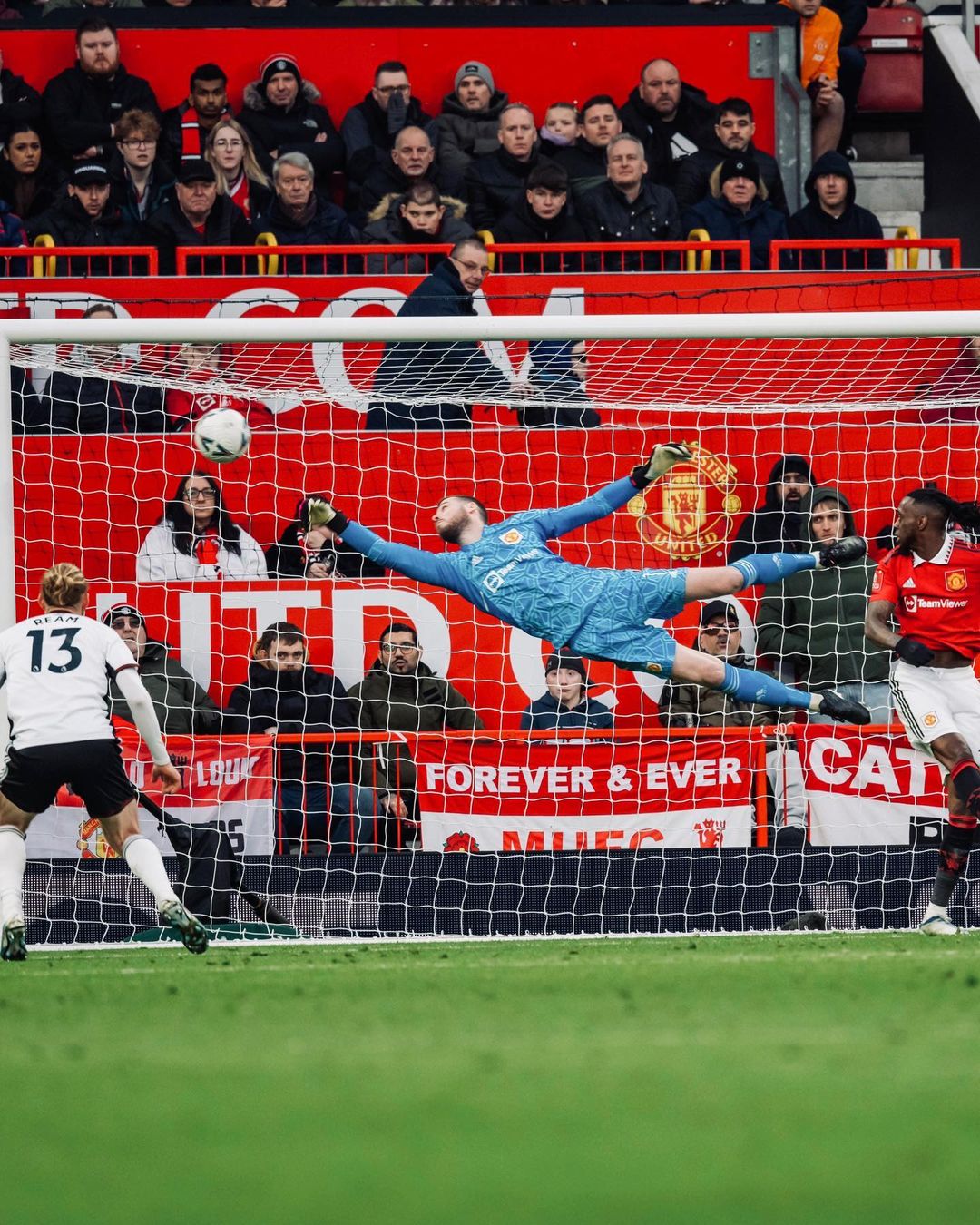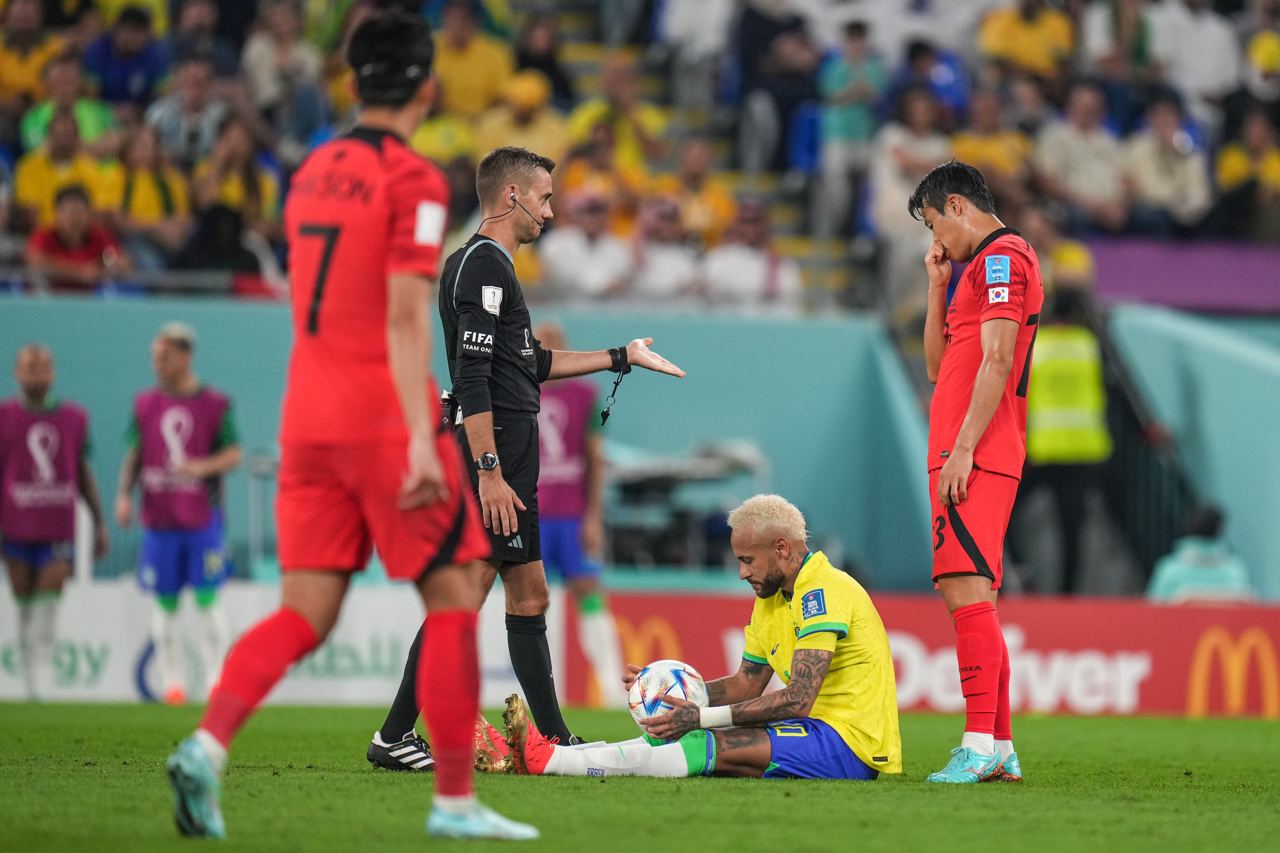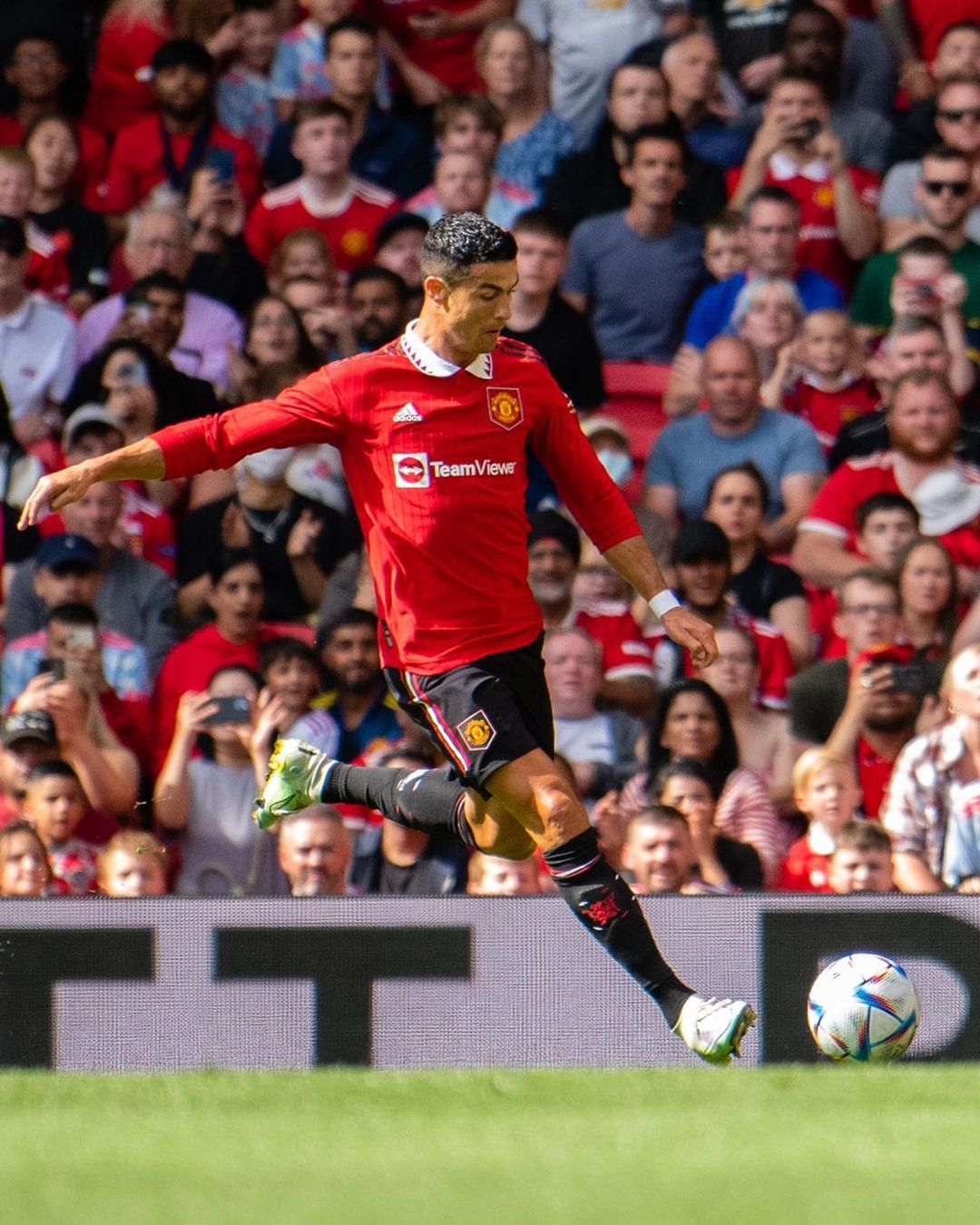From casual lingo to some statistical and tactical terms, here are the football jargons that should be in your sports vocabulary.
Watching a football match for the first time, you’ll probably hear a bunch of terms that are unfamiliar to you. We’ve been there ourselves, thinking, what the heck does offside mean?
We’ve got your back.
Here are 10 of the most frequently used football jargons to master to become the football fan in the know.
Back of the Net

Relatively self-explanatory, when a commentator says that the ball has reached the back of the net, they mean that a team has scored a goal.
Brace
A term used to describe two goals scored by the same player. Commentators often use this to say, for instance, “Lionel Messi has bagged a brace to send Argentina to the World Cup final!”
Clean Sheet
One of the most frequently used football jargons, a clean sheet describes a match wherein a team does not concede any goals to their opponent. The pride that comes with a clean sheet is usually handed to the keeper of the team.
Dead Ball
The football jargon dead ball is used to refer to when a ball is not in play and when the gameplay has stopped for a moment. For instance, a dead ball happens every time a foul is committed.
Flop

Football players are sometimes notorious for exaggerating contact on the pitch in order to draw a free kick or a penalty from the referee. When a player fakes being fouled in order to achieve this, it is called a flop, or sometimes, a dive.
Fox in the Box
The term fox in the box is a football idiom used to describe an incredibly skilled striker who scores a lot of goals for his team, particularly when they are in the penalty area. These players are typically regarded as cunning, a trait also used to describe a fox.
Hat-trick

A step above a brace, a hat-trick refers to when one player scores three goals in a single game. And if you’ve ever heard of a perfect hat-trick, this term is used to describe when a player scores three goals, one with the right foot, one with the left, and one with the head.
Injury Time
Regular time in football lasts 90 minutes, but the referee can add a few more minutes to the end of the match based on the duration of stoppages that took place throughout regular time. This is known as injury time, which can include players tending to injuries or referees checking for possible fouls.
Nutmeg
Another one of the most popular football jargons to describe a move is the term nutmeg. This refers to when a footballer puts the ball through the legs of another player. It feels great being the one ‘nutmegging’ someone else but letting a ball slip through your own two legs can feel embarrassing.
Offside
Perhaps one of the most confusing football jargons to get familiar with — Ryan Reynolds, owner of the Welsh football team Wrexham AFC, says it still confuses him — is offside.
Offside refers to a player’s position on the pitch. A player is ruled offside if they are in the attacking half and are closer to the opponent’s goal line than both the ball and the second-to-the-last opponent on the pitch.
If an attacking player is caught offside in an active play, then the opposing team is awarded an indirect free-kick.
Own Goal
A relatively self-explanatory football jargon, an own goal happens when a player scores a goal accidentally into their own net. No football player wants to be responsible for an own goal.
Park the Bus

A tactical jargon that you might hear from commentators, managers, or coaches, parking the bus refers to when a team begins to play a heavily defensive game, with little to no attacking, in order to prevent their opponents from scoring. Usually, this tactic is used by the team in the lead.
Set Piece
The term set piece is used to describe a type of offensive play that takes place after a stoppage or a dead ball, such as a throw-in, corner kicks, or goal kicks among others.
Ultras
You may have heard this jargon in both local and international football circles. Ultras is a term used to refer to a group of football fans who showcase an intense passion for the team they support. Often, this group is responsible for coming up with cheers and songs for their team, and are the loudest in a stadium.
The Ultras Filipinas — Philippine football’s well-known band of supporters — are a great example of this.
xG
If you enjoy reading technical analyses of football games, you may come across the figure xG quite, which is a modern statistical measurement that stands for expected goals. Based on previous matches, every player has their own figure of expected goals per game. For instance, Lionel Messi has an xG of 0.48 per 90 minutes for Paris Saint-Germain as of writing.
There are other similar statistical measurements as well, such as xA which refers to expected assists.
Banner image from FIFA Women’s World Cup on Twitter.
Related Stories:
7 Football Goal Celebrations We’re Loving Right Now
7 of the Best Female Footballers Kicking Up the Women’s Stage
Talk the Walk: 15 Essential Cycling Jargons to Know
